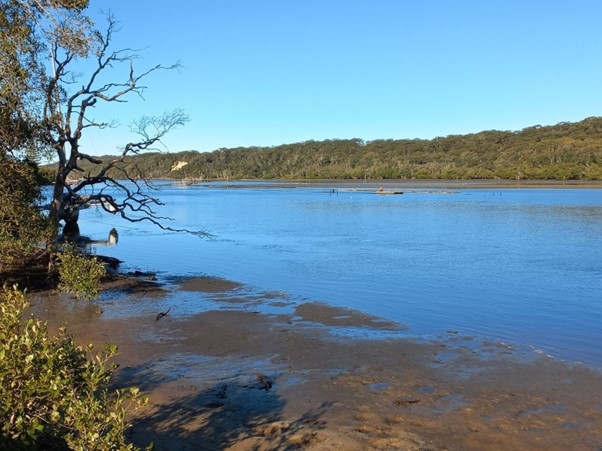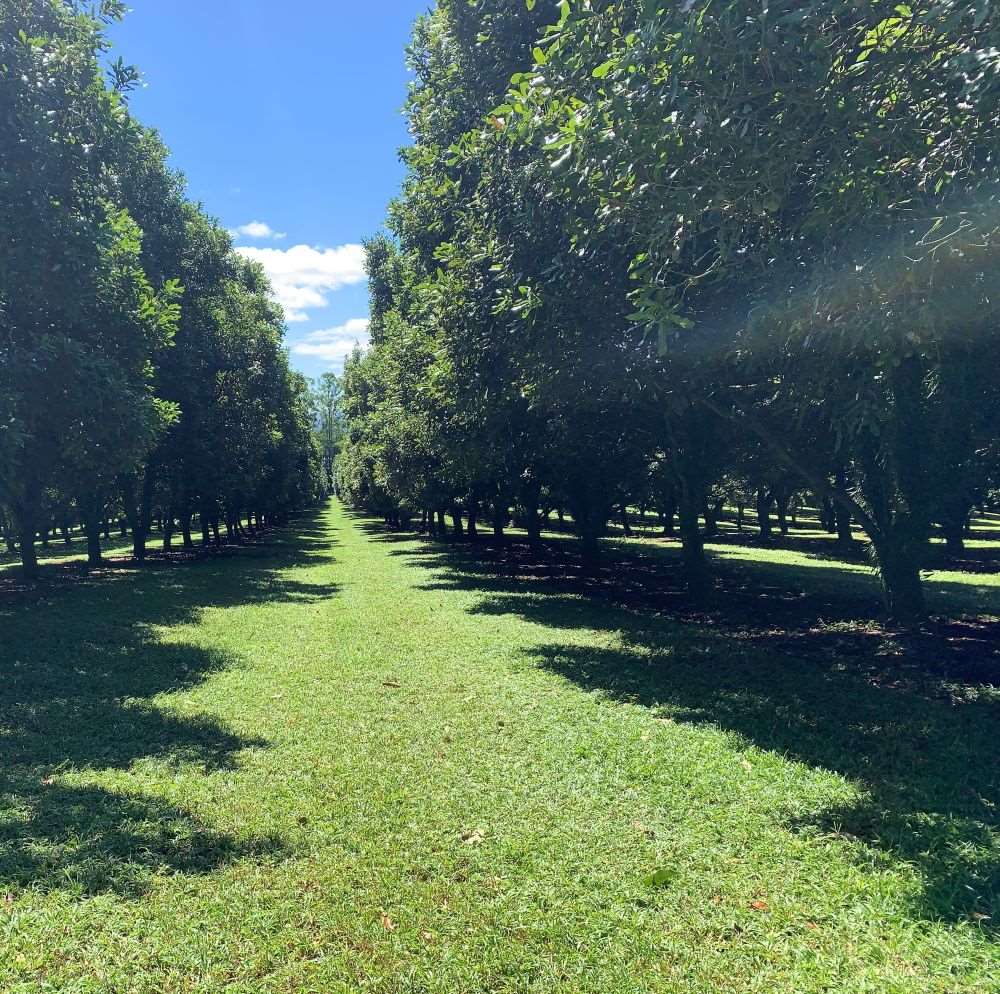Latest news
Great turn out for water quality webinar
More than 80 people attended our recent Initiative 1: Improving water quality and reducing litter webinar earlier this month.

Join the celebrations at Fly Point Park Nelson Bay this December
The Fly Point - Halifax Park marine protected area is turning 40 and we welcome you to help us celebrate!

You’re invited to our Tilba Tilba Lake catchment rehabilitation: community workshop
Are you a landowner or community member interested in the health of Tilba Tilba Lake and its surrounding environment?

